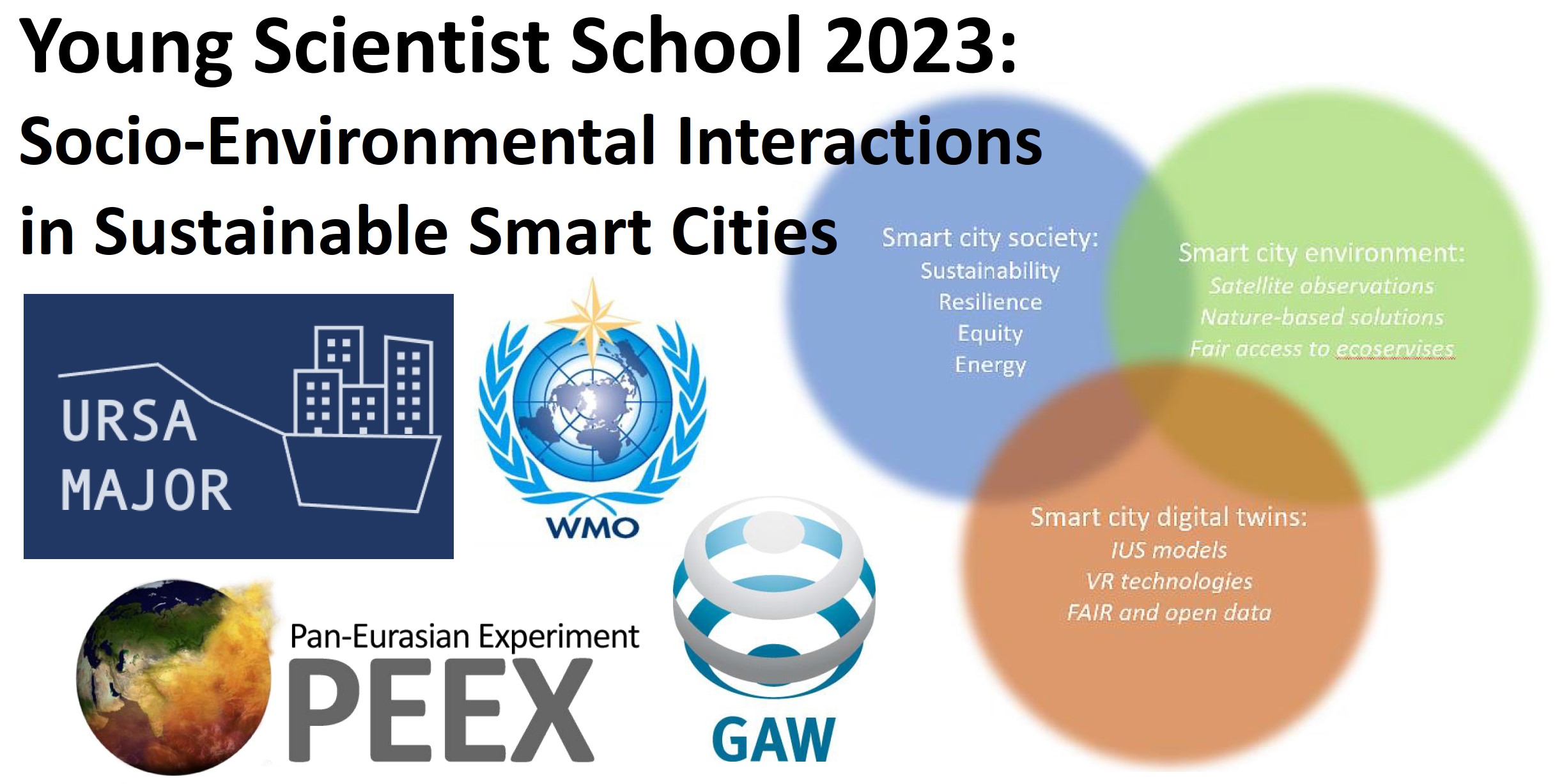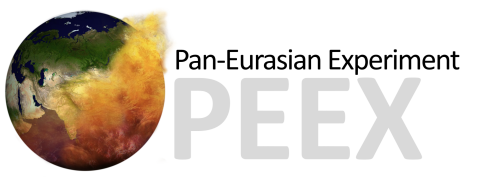Project Description

The Young Scientist School (YSS) URSA MAJOR 2023 will introduce a young generation of researchers to special topics in urban societal, environmental, and computational sciences. The focus is set on digital communications, massive environmental monitoring, and integrated urban system modeling to support sustainable development pathways in smart cities. Participants will learn about the current state-of-the-art, progress and challenges in urban system research; high-resolution climate modelling, observations (including ground-based and remote-sensing), and data analysis; as well as modern approaches to communication about socio-environmental interactions using web-based geoinformation systems, storytelling, and technologies of virtual and augmented reality.
Programme includes a series of conceptual theoretical lectures and concrete practical exercises. Each student will work in a group under a small-scale research project ending with online presentation to the school lecturers and participants and further with eventual peer-review research publication(s).
Timeline:
• October 23 (online session and material distribution)
• November 1-3 (in-person and hybrid sessions) in Tromsø (Sommarøy), Norway
• November 20 – 21 (online projects’ defenses) and 24 (issue of certificates)
The School is a part of the Norwegian education and networking project URSA MAJOR. This School is supported by the Pan-Eurasian EXperiment (PEEX; https://www.atm.helsinki.fi/peex) and the World Meteorological Organization (WMO; https://public.wmo.int/en) – Global Atmospheric Watch (GAW; https://community.wmo.int/en/activity-areas/gaw) communities.
This School is dedicated to the Memory of Professor Sergej Zilitinkevich (1936-2021), who has actively promoted atmospheric and environmental sciences, multi-disciplinary approaches in the Earth system modelling and their applications for research community, and especially, for the younger generation.
Expected audience: young Researchers, PostDocs, PhDs, MSc, advanced BSc. (20-30 participants in total)
The School will be organized in a hybrid format to increase knowledge transfer to participants unable to travel. All accepted participants of the school are required to attend a series of lectures and prepare small-scale research projects (SSRPs). Successfully defended SSRPs will be granted attendance certificates with 1-3 ECTS points as depending on quality and quantity of the presented results.
Registration form is here
Tentative YSS schedule and lectures are here
Text by: Igor Esau, University of Tromso, Norway
